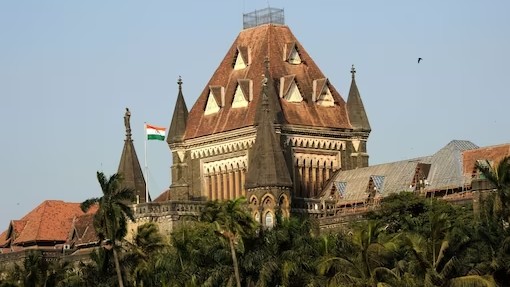The Bombay High Court on Tuesday issued a notice to the Maharashtra government on a plea by Seema Gavit, sentenced to life imprisonment for kidnapping 13 children and murdering nine, seeking parole. Gavit, along with her sister Renuka Shinde and their mother, was sentenced to death in 2001 for the heinous crimes. However, in 2022, HC commuted their death sentences to life imprisonment due to an inordinate delay in execution. Their mother passed away during the appeal process.
Gavit had applied for parole (provisional release / supervised release from prison) in November 2023, but her plea was rejected by the Deputy Director General of Police. She challenged the decision before the Additional DGP, who also rejected her request in June 2024. She then approached the HC through advocate Aniket Vagal.
Last month, the HC asked the state government whether a woman whose death sentence was commuted to life imprisonment could be considered for parole. This query arose during the hearing of a similar plea by Renuka Shinde. The court noted that the Supreme Court, while upholding the HC’s decision, had directed the sisters to serve life imprisonment without remission. It sought to clarify whether this directive excluded them from parole consideration.
On January 18, 2022, the HC, while commuting their death sentences, had refused the sisters’ plea for immediate release despite them having served 25 years in prison. The court emphasised the brutality of their crimes, ruling that their life sentences would last for the remainder of their lives.
Initially, a sessions court sentenced the sisters to death in 2001, a verdict upheld by HC in 2004 and later by the Supreme Court in 2006. However, due to a significant delay in executing their sentences, the sisters filed a petition in HC in 2014, arguing that the delay violated their constitutional rights. The HC admitted the petition and stayed their execution until a final decision was reached. The plea was finally decided in 2022, when their sentences were commuted.
The HC reiterated that previous rulings found no evidence of the sisters’ capacity for reformation and deemed them a menace to society. It stated that authorities must consider the severity of their crimes and adverse judicial observations when reviewing any remission requests.
